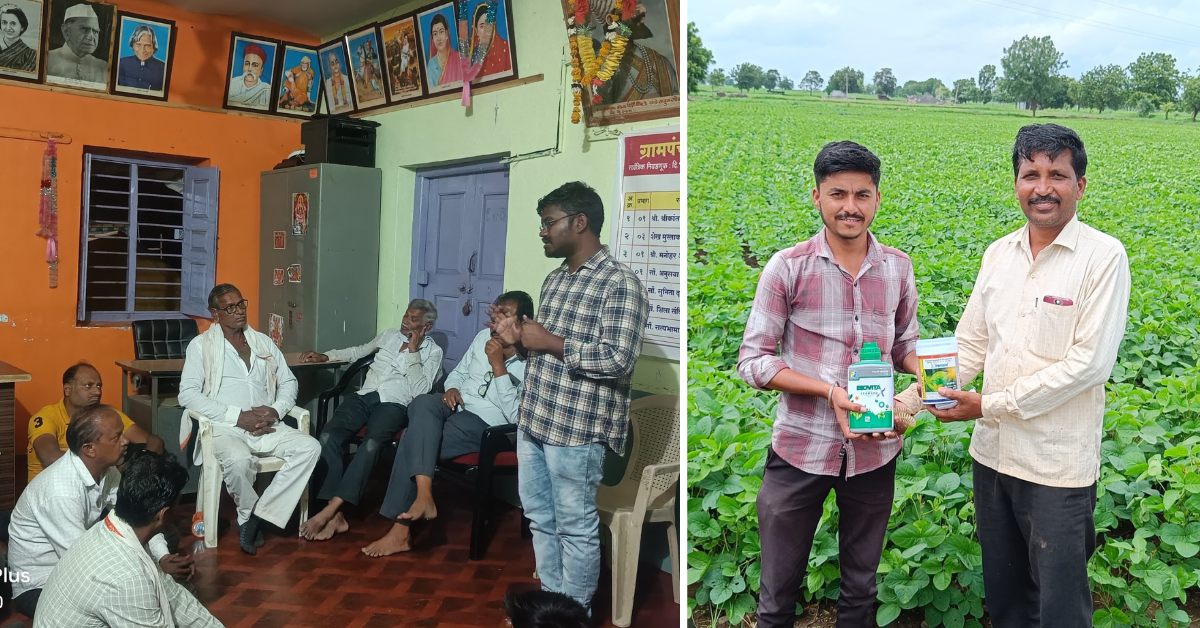Parashram Akhare, a 28-year-old electrical engineer from Mohadari village in Maharashtra’s Vidarbha region, founded Krushi Sarathi — a socio-commercial startup with a vision to make farming more profitable, sustainable, and accessible for farmers.
Started during the 2020 lockdown, the venture now boasts an annual turnover of Rs 5 crore and expects to double it this year. As the son of a farmer, Akhare witnessed the hardships faced by his community firsthand, inspiring him to bridge the gaps in market access, technology, and guidance that often hold farmers back.
What is Krushi Sarathi?
Farming in Vidarbha and Marathwada, regions notorious for agrarian distress, has long been associated with struggle. Limited market access, dependence on traditional methods, and exploitation by local shopkeepers have kept many farmers trapped in cycles of debt and poverty.
Krushi Sarathi, meaning ‘the farmer’s charioteer’, is a startup aimed at reversing this narrative. It connects farmers with genuine products, modern technologies, and market opportunities while offering guidance and consultation.
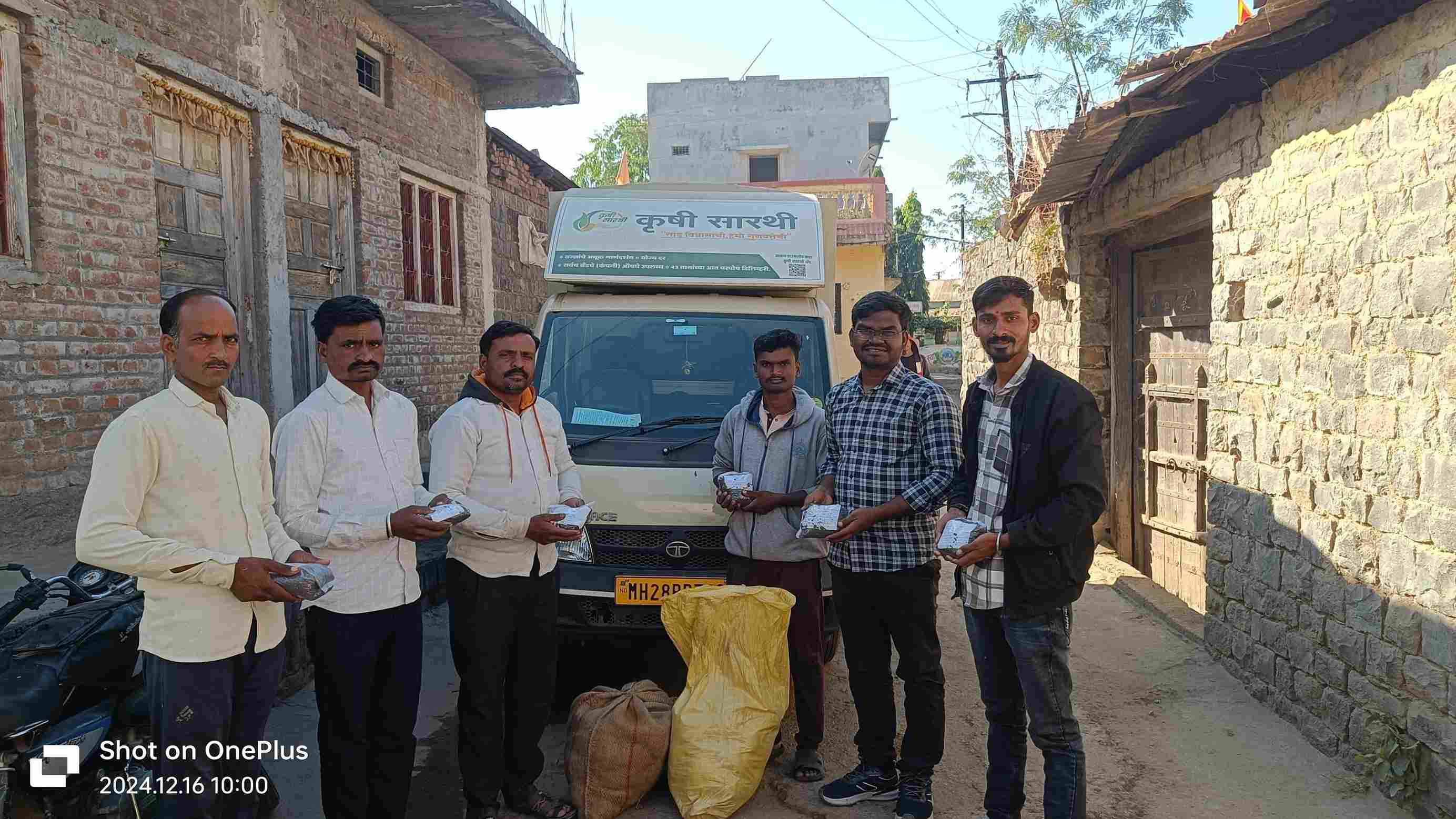
The initiative operates both offline and online, combining a strong grassroots network of taluka coordinators with an e-commerce platform and mobile app. Farmers can access fertilisers, pesticides, and other farming essentials delivered to their doorstep within 24 hours.
Currently, Krushi Sarathi has impacted the lives of around 30,000 farmers in Vidarbha, providing not just access to resources but also a renewed sense of hope for the future. Moreover, the startup has created employment opportunities for 180 people, showcasing how agriculture and allied businesses can generate jobs and revenue, even in regions with limited industrial presence.
How it all started
For Akhare, the struggles of farmers were not just stories; they were his reality. Growing up in Mohadari, Buldhana, he often witnessed his father and fellow farmers battling exploitation by local shopkeepers who monopolised the sale of fertilisers, seeds, and pesticides.
“Farmers were charged exorbitant rates, and they had no choice but to pay,” he recalls. Determined to escape this cycle, Akhare pursued electrical engineering at the Government College of Engineering, Amravati, and eventually secured a stable job in Airoli, Navi Mumbai. Yet, even as he settled into his new life, the plight of his community stayed with him.
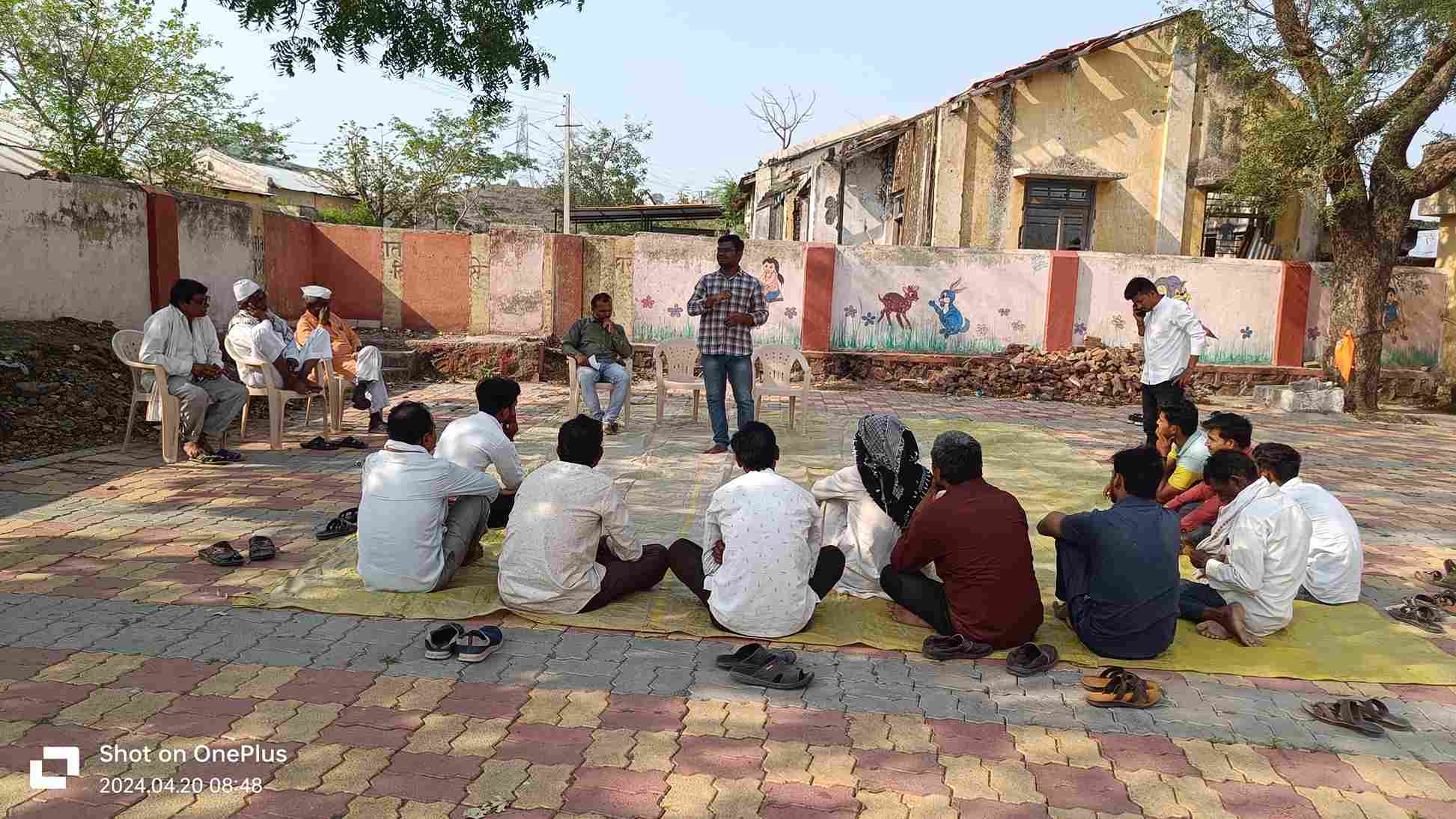
The turning point came during the 2020 lockdown. As urban vegetable prices soared, Akhare assumed farmers in his village must be thriving. To his surprise, his father told him many were discarding their produce because they couldn’t access markets or secure fair prices. “It was shocking to hear,” Akhare says. “The gap between what farmers earn and what customers pay is massive, and it’s heartbreaking to see farmers suffer because of this disconnect.”
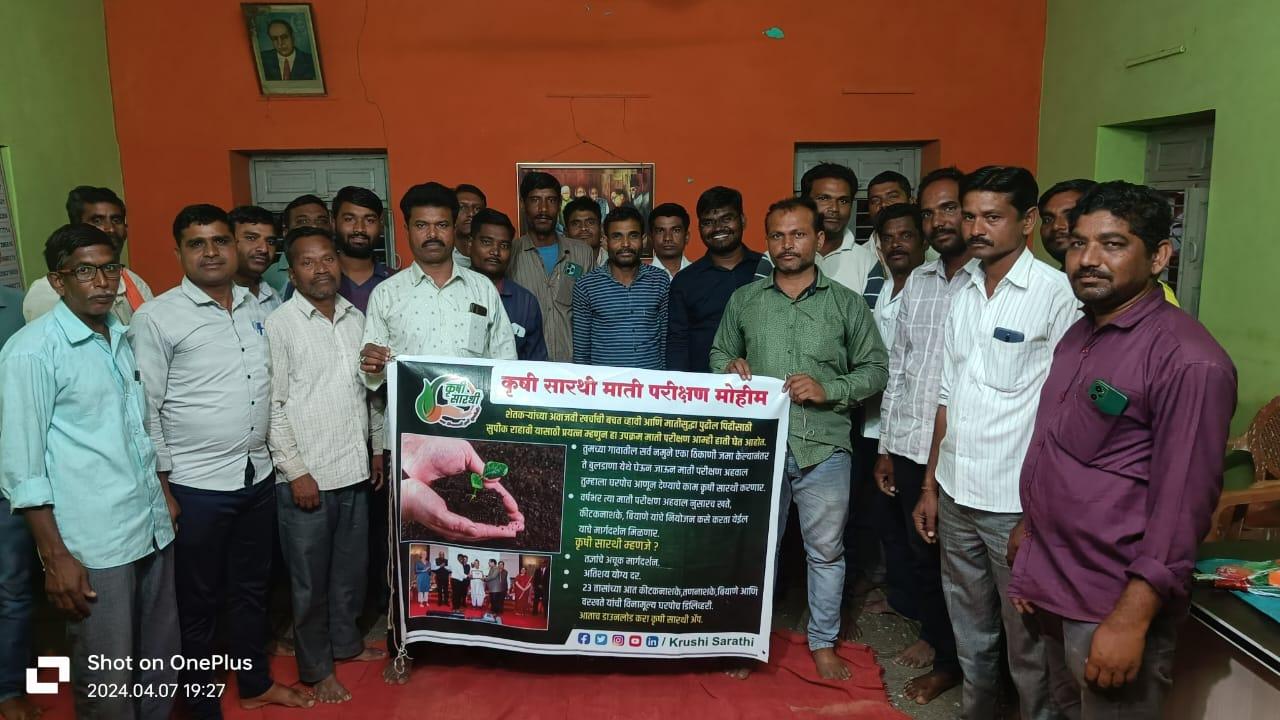
Moved by their struggles, Akhare began helping local farmers by transporting their produce to urban areas where they could sell directly to consumers. “At that time, we didn’t have any structure or even a plan. I just wanted to help them reach buyers,” he shares.
In 2022, while working with IIT Bombay on Maharashtra’s Project on Climate Resilient Agriculture (POCRA), Akhare traveled extensively across Vidarbha and Marathwada. The project deepened his understanding of farmers’ issues, particularly in accessing resources and adapting to climate challenges. He later joined the Maharashtra Government as a Young Professional Fellow for one year, which gave him further insights into policy-making and implementation.
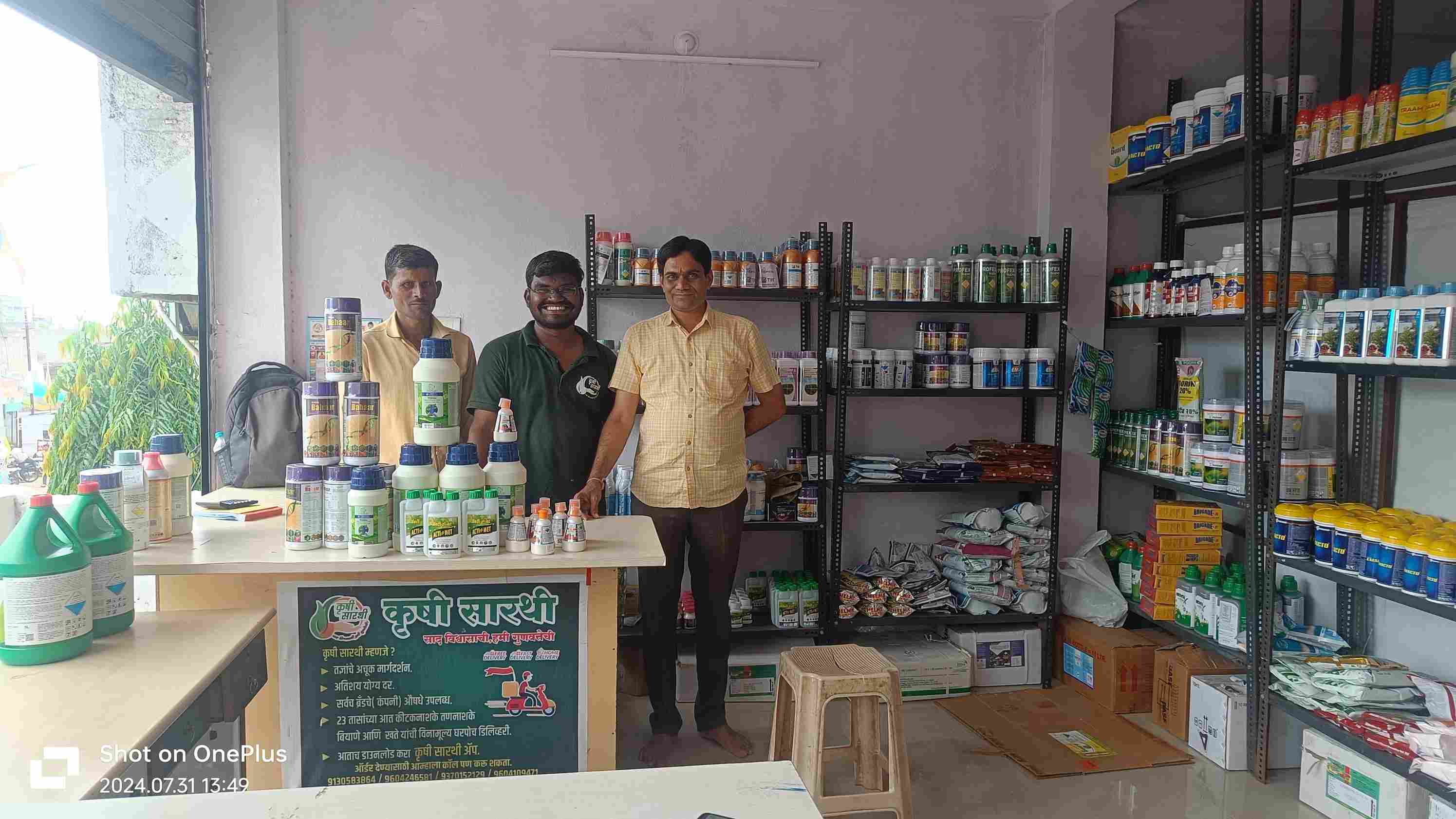
These experiences solidified his resolve. “I saw firsthand how little farmers earned — sometimes as low as Rs 60. The sadness in those villages was palpable. It wasn’t just about the money; it was about a lack of hope,” he reflects
Determined to make a bigger impact, Akhare quit his fellowship and job to work on Krushi Sarathi full-time. “Initially, some people mocked me, asking if I was going to sell vegetables for a living. But I had a vision, and my parents and wife, Meera’s unwavering support kept me going. They believed in me even when others didn’t,” he says.
Building Krushi Sarathi
What started as a simple initiative to help farmers reach urban customers evolved into a comprehensive platform addressing multiple challenges in agriculture. By 2022, Krushi Sarathi expanded to deliver farming essentials like fertilisers and pesticides directly to farmers, eliminating middlemen and ensuring fair prices.
Transparency became a cornerstone of the platform. Farmers could compare prices of products through the Krushi Sarathi app and website, empowering them to make informed decisions. “The idea was simple: we wanted to give farmers control over what they buy and how they buy it,” says Akhare.
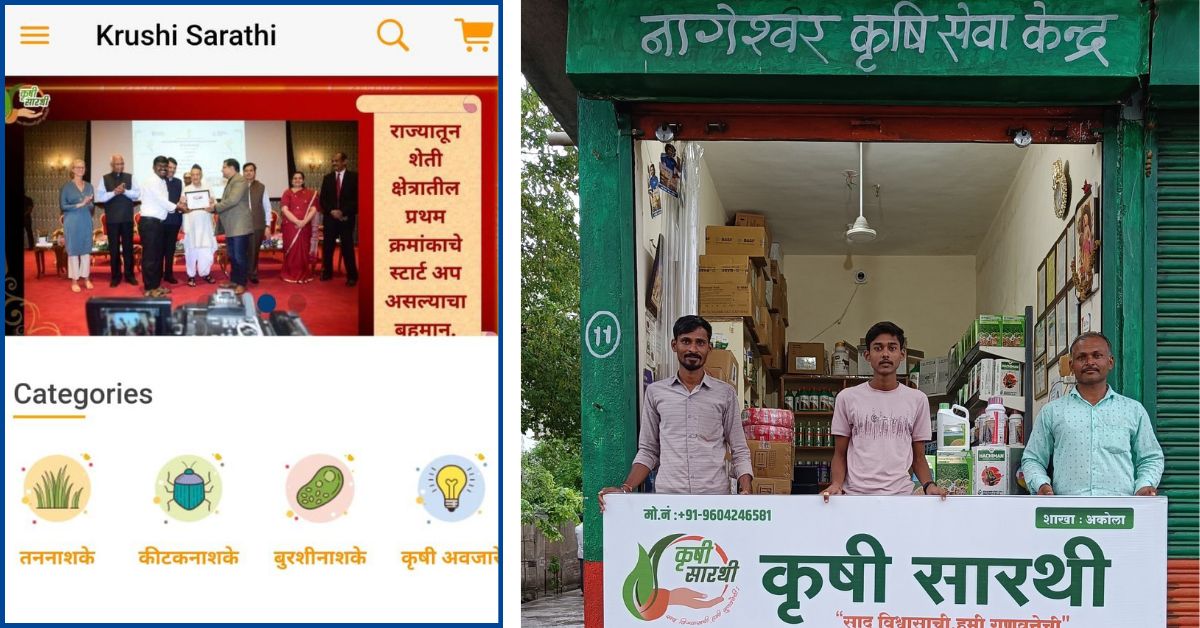
The startup built a robust grassroots network, employing taluka coordinators to guide farmers both offline and online. “Not everyone is tech-savvy, and we didn’t want anyone to feel left out. Our coordinators work directly with farmers to help them navigate the app and understand the products,” he explains.
Today, Krushi Sarathi operates across Akola, Amravati, and Buldhana districts, employing 180 people. This success not only supports farmers but also highlights how agriculture and allied businesses can address unemployment in regions like Vidarbha.
Achievements and future goals
In 2022, Krushi Sarathi received the ‘Best Startup Award for Agriculture’ from the Maharashtra Government, a recognition that solidified its position as a game-changer in the agricultural sector.
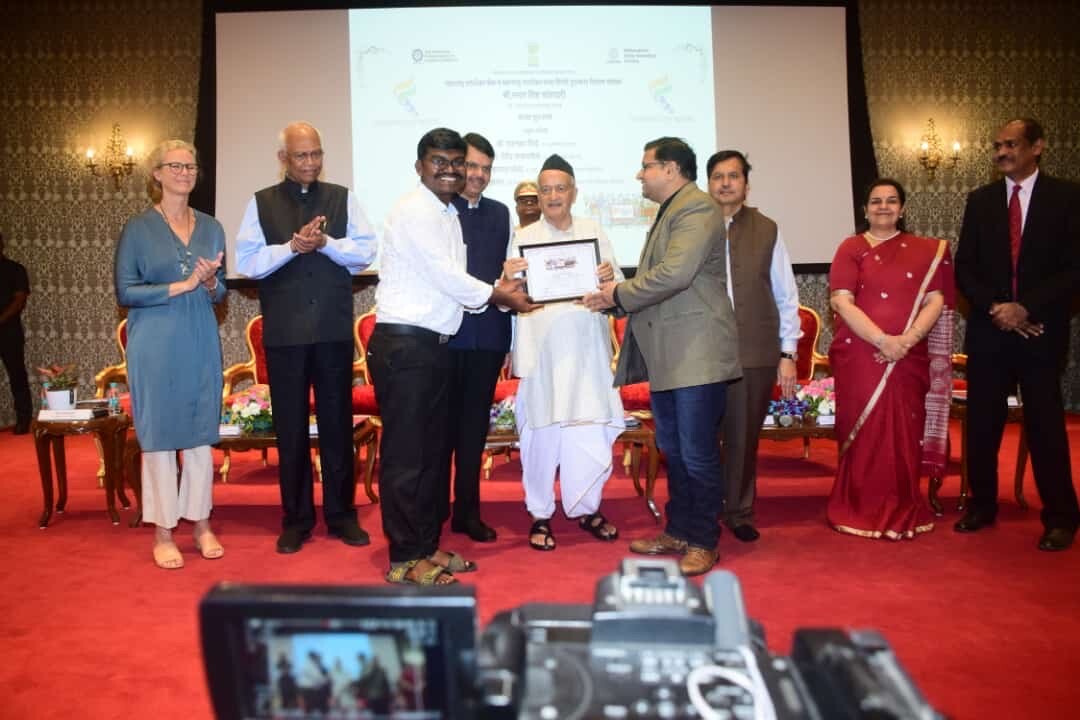
The startup has also introduced soil testing services and plans to expand into areas like contract farming, biochar production, and animal feed. Another ambitious goal is the launch of Krushi Sakhi, an initiative to involve women in farming decision-making processes. “Women play a huge role in farming, but their contributions are often overlooked. We want to change that,” says Akhare.
Additionally, Krushi Sarathi is promoting group farming and alternative crops to ensure farmers have a stable income year-round rather than relying on seasonal earnings.
Overcoming challenges
The journey hasn’t been without its challenges. Breaking the monopoly of local shopkeepers, changing the mindset of farmers, and securing adequate funding have been constant hurdles. “Many farmers still believe debt is an inevitable part of farming. Changing that mindset is the hardest part,” Akhare admits.
But his vision keeps him motivated. “I want a future where farmers are respected as educated professionals, where farming is seen as a profitable business, not a last resort. That’s the dream I’m working towards,” he says.
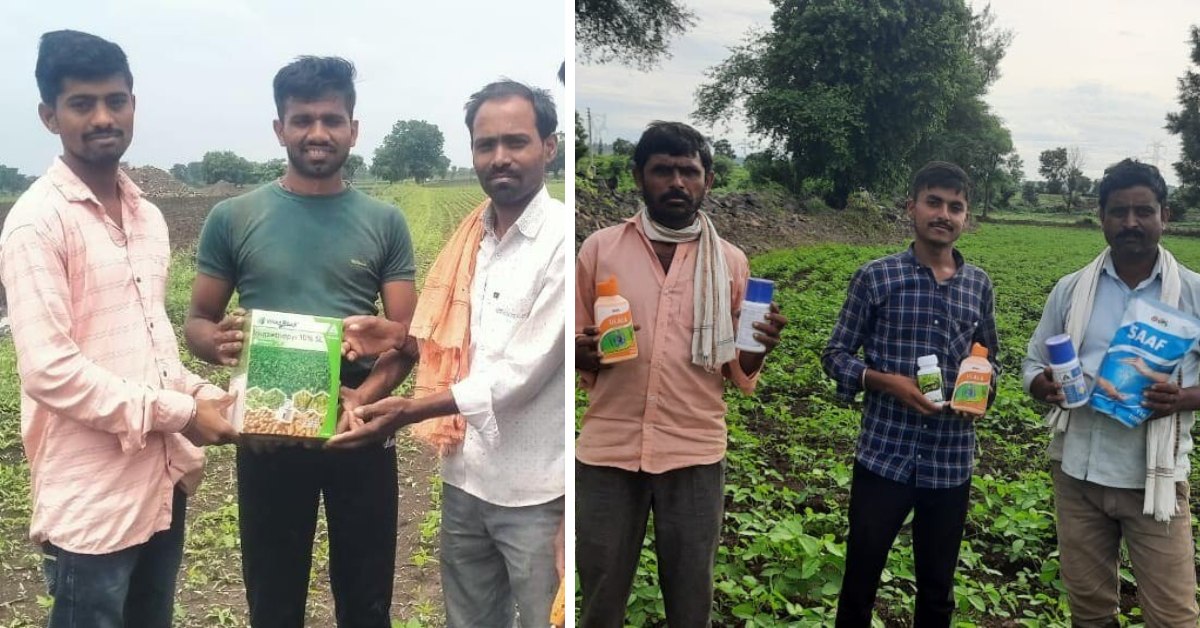
With its projected turnover nearing Rs 10 crore, Krushi Sarathi is not just a startup, it’s becoming a movement, proving that with the right support and guidance, farmers can thrive.
Through determination and innovation, Akhare has shown that agriculture, when approached with empathy and ingenuity, can be a powerful force for change.
Edited by Arunava Banerjee; All images courtesy Krushi Sarathi
